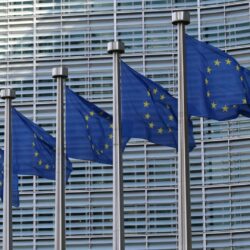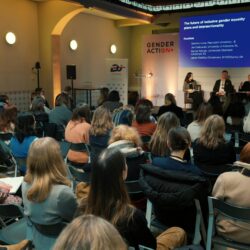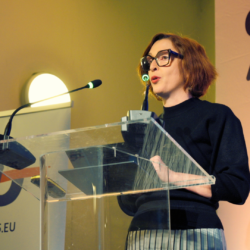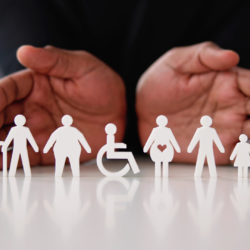Position on the Proposal for Horizon Europe 2028–2034 and the Budget Expenditure Tracking and Performance Framework
We in GENDERACTIONplus welcome the Commission’s proposal for Horizon Europe 2028–2034 Framework Regulation and Specific Programme and the accompanying proposal for a regulation establishing a budget expenditure tracking and performance framework and other horizontal rules for the Union programmes and activities. In particular, we strongly support: This vision aligns with President von der Leyen’s political priorities for her second mandate and the recent and influential Draghi Report, with its emphasis on values as Europe’s raison d’être: “The EU exists to ensure that Europeans can always benefit from these fundamental rights… The only way to meet this challenge is to grow and become more productive, preserving our values of equity and social inclusion.” We also acknowledge recital 18 in the Horizon Europe regulation proposal that the programme will promote freedom of scientific research, gender equality, and open science as foundational principles while noting its non-binding nature. To further advance these commitments,...










